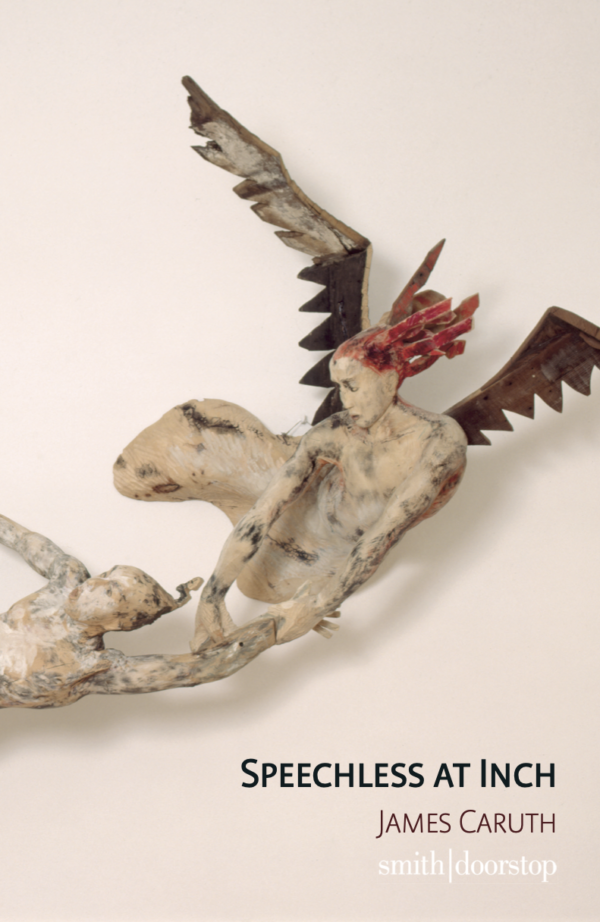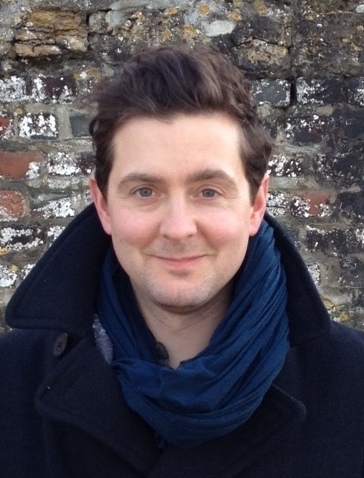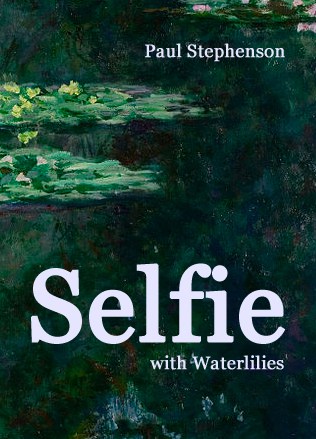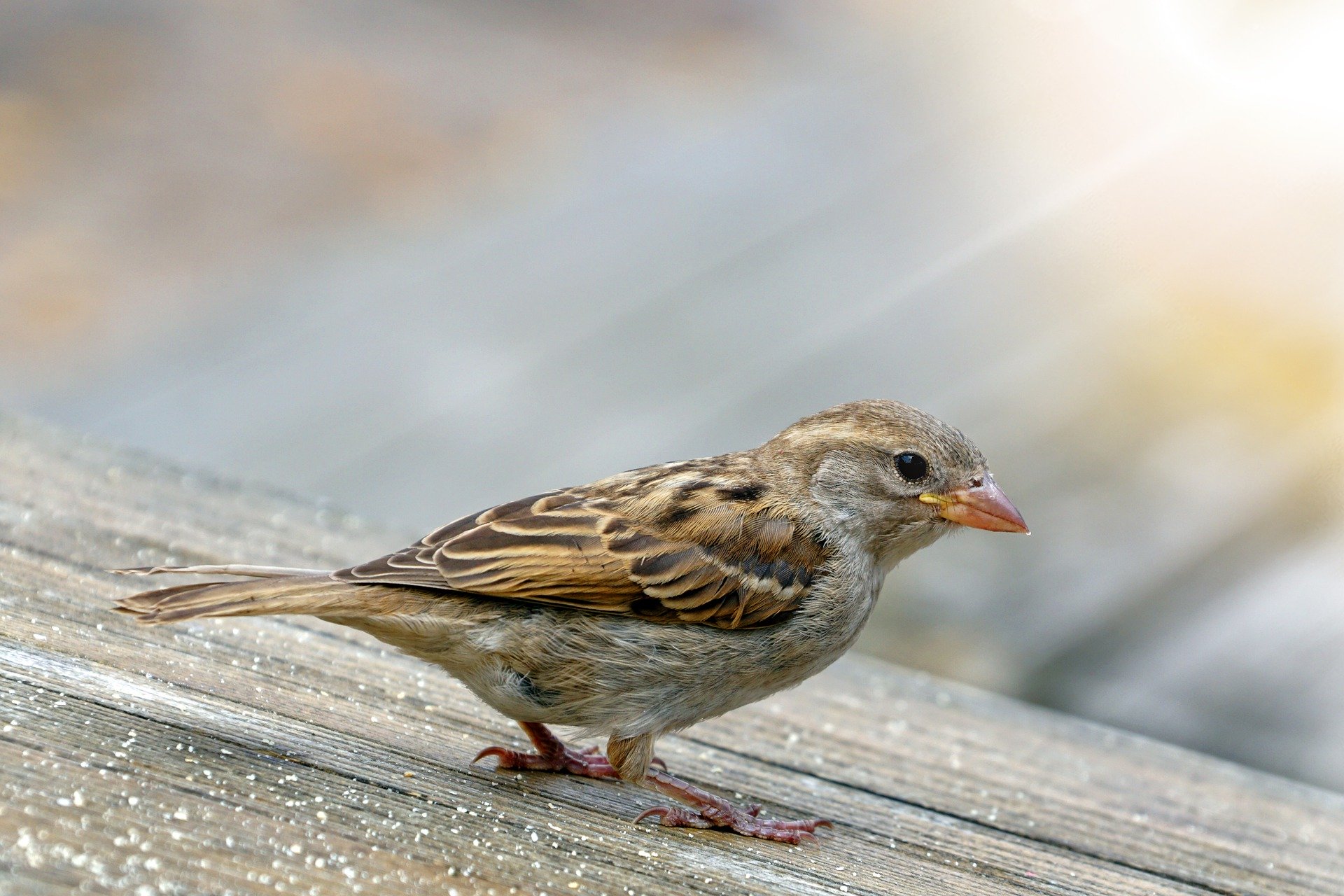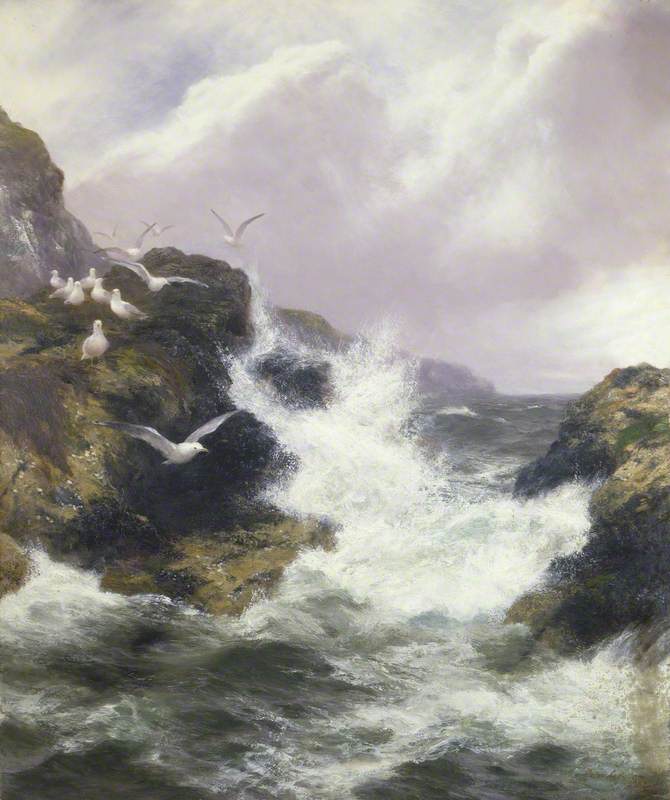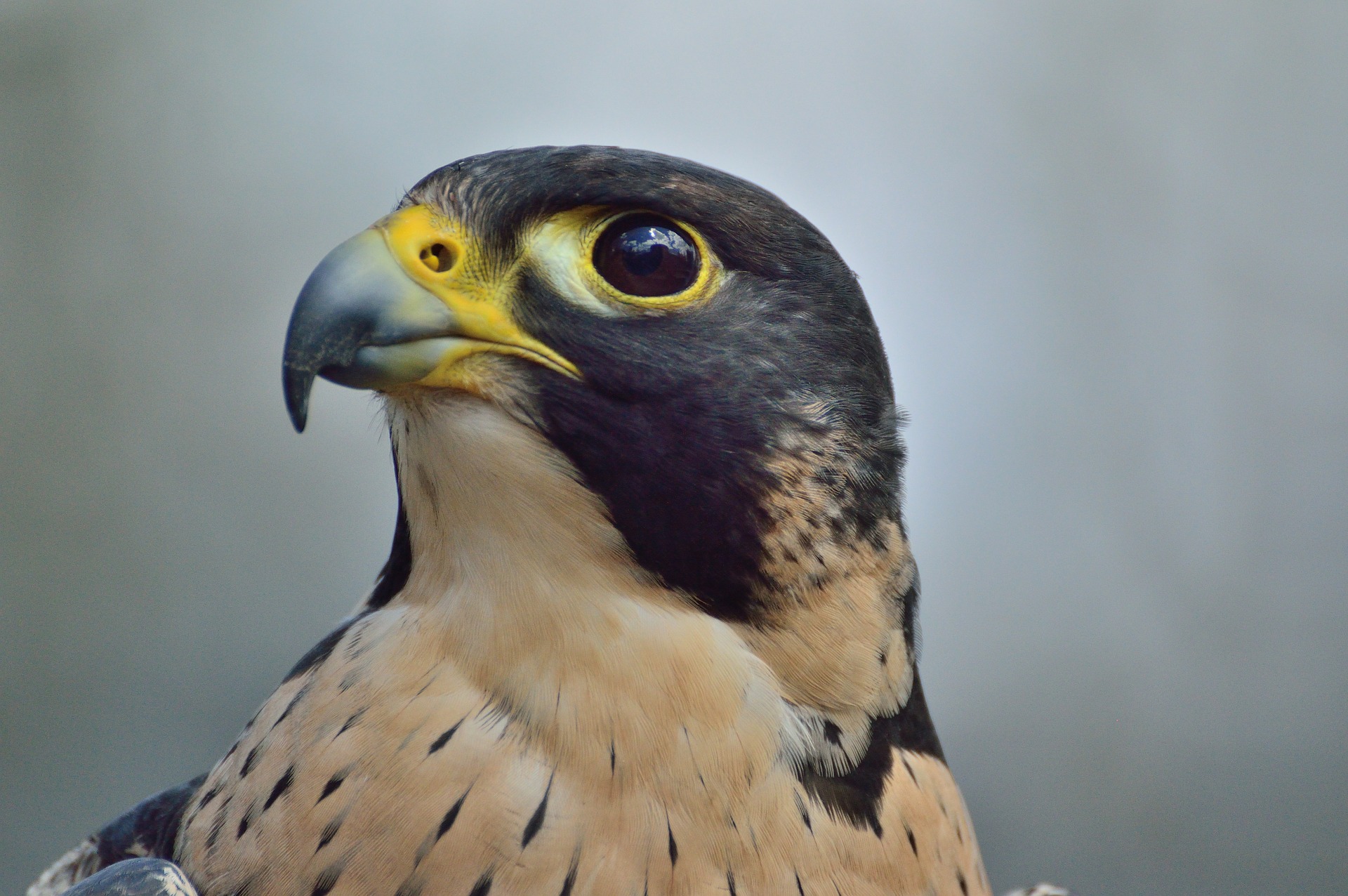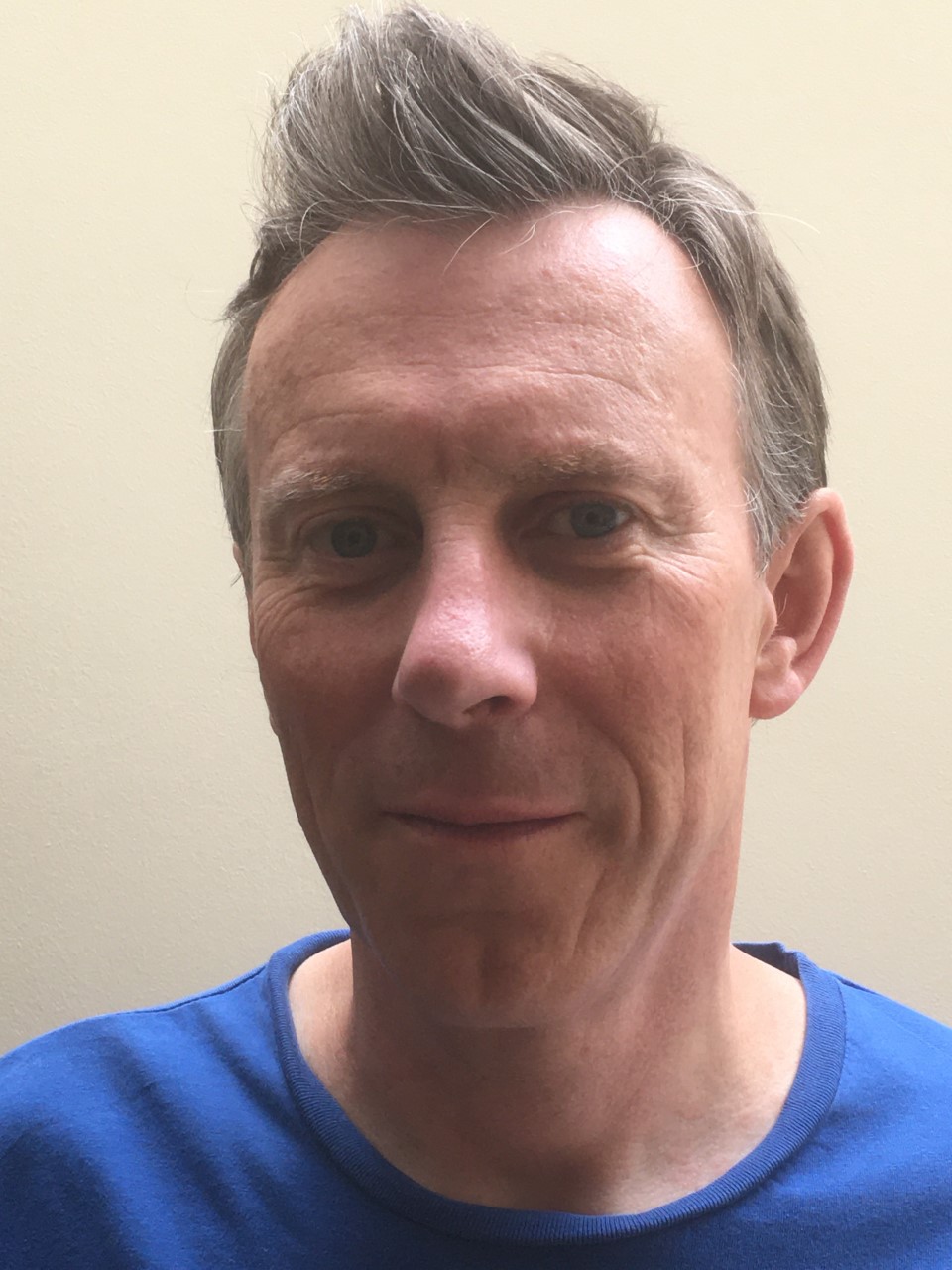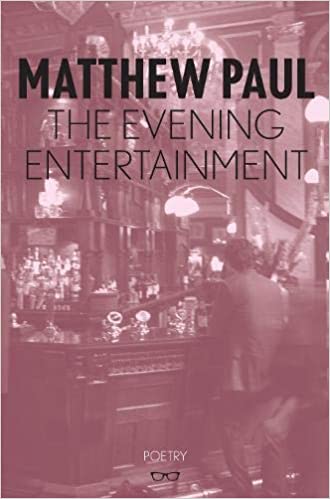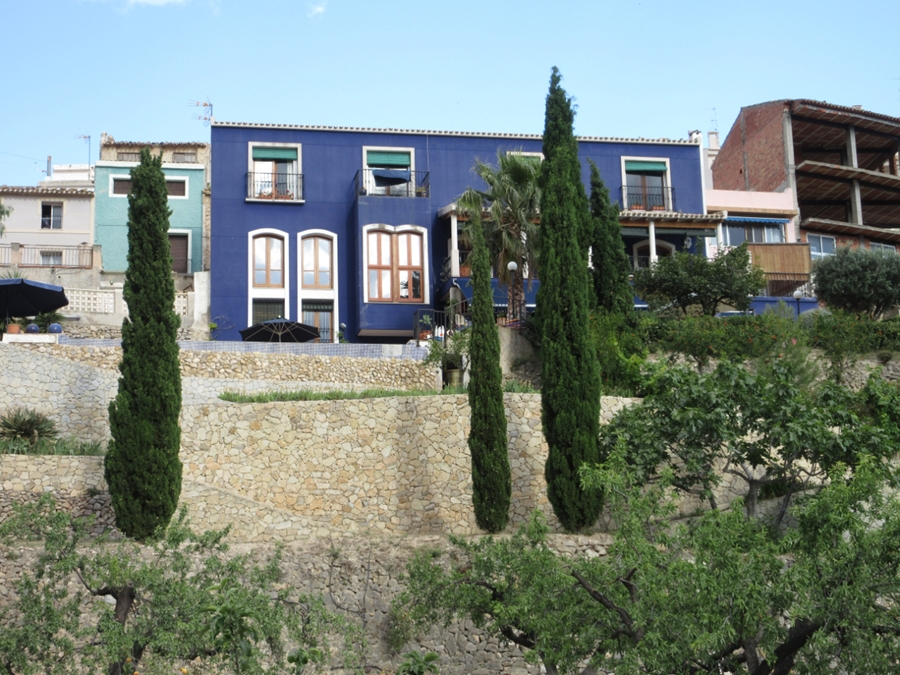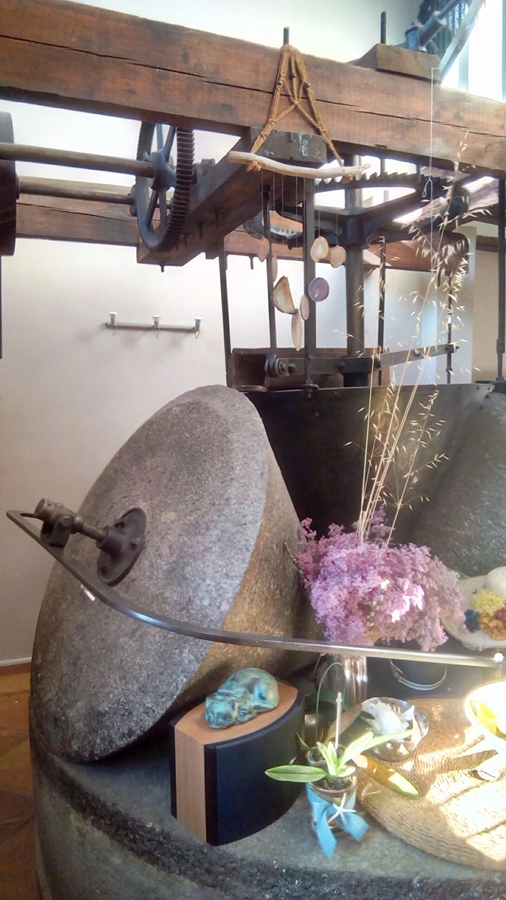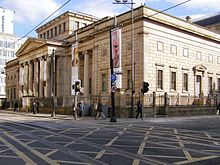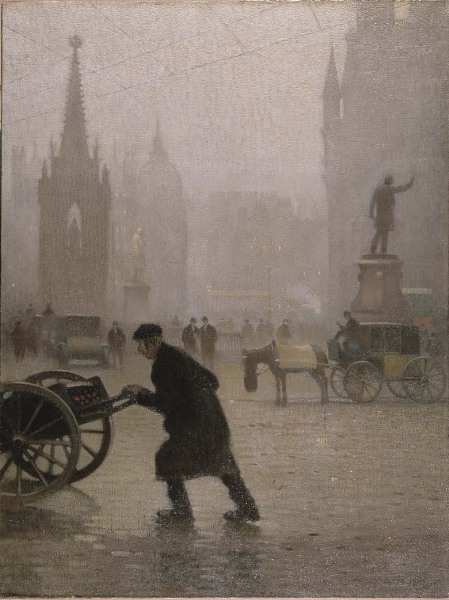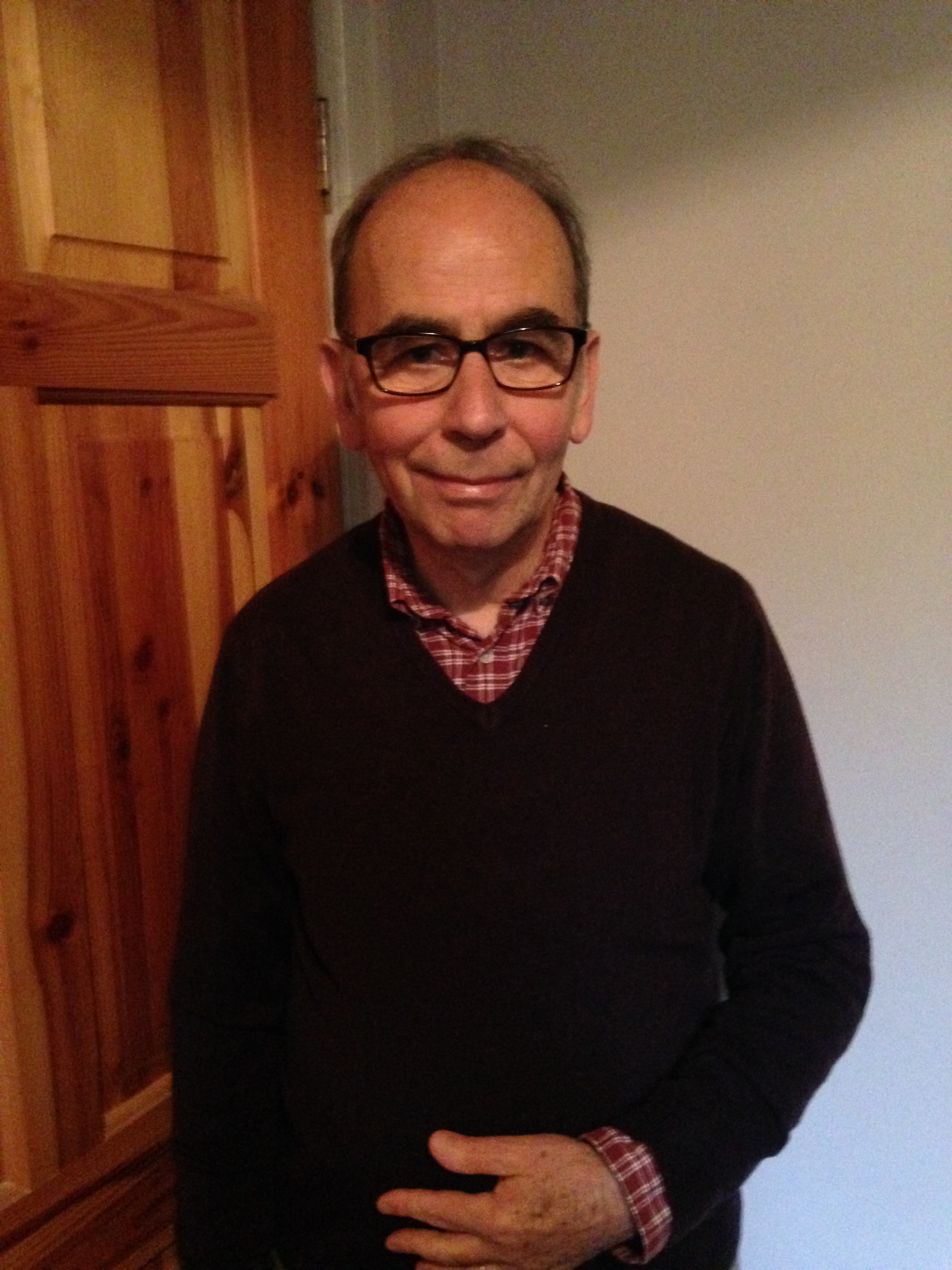Kasane
DRYING HER PRAYERS
As the rains of spring
Fall, day after day, so I
Fare on through time
While by the fence the grasses grow
And green spreads everywhere.
Izumi Shikibu (late 10th C)
Mother, you are hanging out prayers on the willow
but the ink hasn’t dried;
little flies scenting sweet gum embellish
your latest calligraphy.
I breathe on my hands, it is March,
My fingers are white as bamboo.
On the bridge, I hear the sisterly
slop of our sandals, still wait
for the god, hiding behind our gate,
to give chase, tap me on the shoulder,
offer a pale green scroll
with your name written there, words
golden, scattered like pollen.
This is a poem from Parting the Ghosts of Salt, a sequence of 15 poems. They are a series of letters exchanged between a mother, Tamiko, and daughter, Kasane, both of whom are married to sumo wrestlers. Each poem starts with a striking quote, from medieval and modern Japanese poetry. All the poems are entirely imagined, but they ring true. And it’s an interesting form.
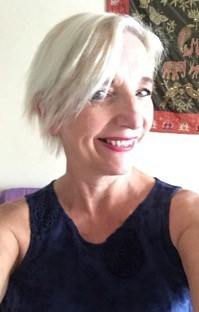
Pam Thompson, this month’s featured poet, has published several pamphlets and her second collection Strange Fashion was published by Pindrop Press last year. Pam and I met on the Poetry Business Writing School in 2012. Pam has recently completed her PhD in Creative Writing. She is a free-lance writer, lecturer, writing tutor and reviewer. Her poems travel widely. There may be humour, but this is always combined with a clear eye for the telling detail and with compassion. Pam blogs at https://pamthompsonpoetry.com
Near Heaven – a journalist encountering Virginia Woolf is at once surreal, humorous and poignant. In the Abecedarian for Liam Pam uses the form – which can be tricky – in a natural way to tell a family story rich with detail.
Near Heaven
The lift doors open
on the wrong floor but she’s perfectly cheery.
Ms Woolf, I begin,
and she gives me that haughty, beady-eyed stare
like an intelligent red setter,
What is it you’re reading?
She pats a huge leather holdall,
her voice trails, … Of course … in my day we …
and sunsets … Eliot, with his green-powdered face
smiled like a girl …
She’s drifted off my point.
To bring her back I say
that what the reader wants is
your favourite pen, coffee or red wine.
Your top ten diary writing tips,
what to do when the novel gets stuck.
At this rate we’ll never make the launch
The Wings? Waving at the Lighthouse?
These days I never even read the press release,
just take along fizz, their favourite fags
or something stronger; usually they’ll give
me all I want, sometimes a little extra.
So, Ms Woolf, the most dangerous place you’ve ever …?
I’m thinking she’s not heard the question
when our lift bell dings –
This must be your party, dear, she says, in the voice of my mother
and there they are, uncles, aunts, my father, all my cats,
two hamsters,
and I’m about to greet them, waving fizz, posh ciggies.
A hiss of words …a Schaeffer … coffee … then fainter,
write before breakfast, garden, then write again,
take a little float down the river
the river
then she presses the button, the doors close, she ascends.
Abecedarian for Liam
All those years you had blonde hair –
back in Hong Kong they considered it lucky.
Cake in a posh hotel, you were six, born in the Year of the
Dragon, old people touched your hair, no inhibitions,
even when we were at your side, you were golden, a charm
for locals. Remember how you wondered if the Sikh doorman was
God? The photo shows him laughing, me
helping you blow out your candles,
I hope I made you wish, then you and the other kids
jumped all over the beds and the settee in our room,
Kowloon was a day or so away, and getting
lost, both of you so little – Derry only three – to be
meandering along the wrong road, away from the lights, with
Nanna too, Derry tired and crying, I was crying inside but kept
on pretending, and I’ve blanked it, but Henry
probably got us out of it, then the day we
queued for the tram to Victoria Peak and I’ve just
remembered Stanley, the shanty town we all mentally
stepped over, physically routed ourselves around,
the tee-shirts painted with your name in kanji,
up late eating Pringles, on a speedboat with Derry, Rosie and Lisa,
visiting a Shinto temple, posing outside with Nanna,
with Tom and Fauna, your favourite smoked salmon, scrambled eggs,
Xmas breakfast with champagne, and I could lie to
you when I’m telling you twenty-one years later, that the
zoo trip was on Boxing Day when I think that was the speedboat.
